Build a profitable, meaningful career as a Soil Food Web Consultant.
*You’ll need to complete the Foundation Courses before you can start the Consultant Training Program.
Putting the Theory Into Practice
and Making a Change in the World
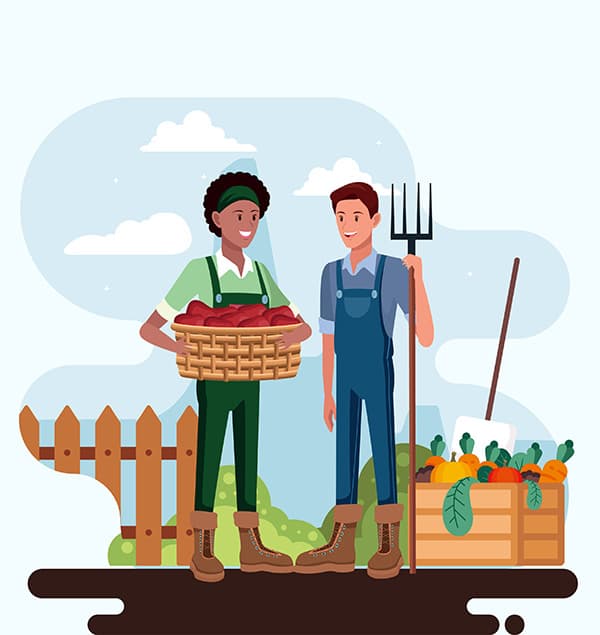
Support Farmers
Many farmers feel trapped by their dependence on chemicals, due to diminishing soil fertility. Help them to improve yields, control weeds & diseases, conserve water, and increase profits.

Heal Our Planet
Our soils are being destroyed. Insects and animals populations are being decimated. Climate Change is happening all around us! You can be a part of the soil-ution to all of these problems.

Make an Impact!
Soil Food Web Consultants are in high demand. You can enjoy a profitable career, making a significant difference for farmers and for our environment. Some Soil Food Web Consultants are able to charge around $150 per hour.
CTP – Stage One
The BioComplete™ Compost Practicum
In Stage 1 your mentor will guide you as you work towards mastering the art of making BioComplete™ compost using the techniques you have studied in the Foundation Courses. You will also develop your microscopy skills to the required standard to become a Certified Soil Food Web Lab-Tech
CTP – Stage Two
The BioComplete™ Liquids Practicum
In Stage 2 you will produce BioComplete™ extracts and teas using the techniques studied in the Foundation Courses. You may be required to purchase some equipment in order to complete these tasks, depending on the scale of your project. Please see the FAQs for more information. There are also a number of advanced classes to be taken in Stage 2.
CTP – Stage Three
The Final Project
In the final project you will be required to regenerate the soil on a small plot of land. You will begin by producing a site assessment and subsequently a biological plan. Once this has been approved, you will proceed by treating the soil with the BioComplete™ amendments which you made in Stages 1 & 2. You will then monitor the soil biology and other metrics, submitting samples to your mentor for verification at key stages. Upon successful completion of Stage 3, you will be awarded a completion certificate.
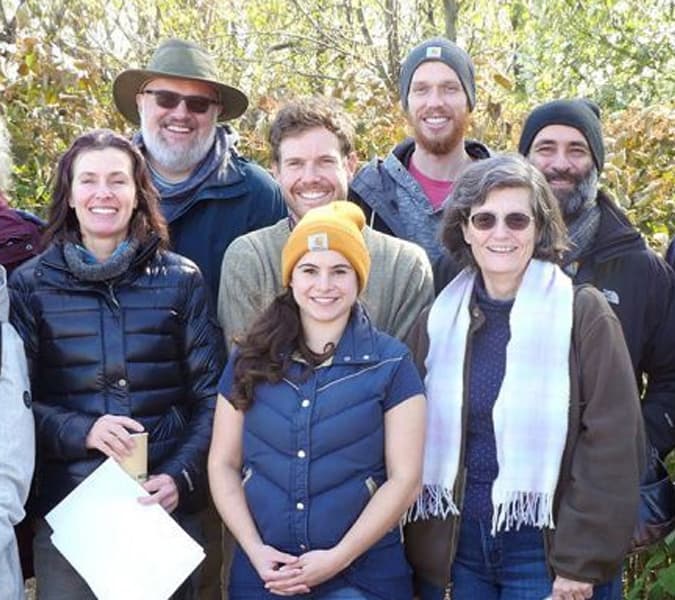
Our Consultants Are Part Of a Growing Global Movement
A Typical day in the Life of a Soil Food Web Consultant
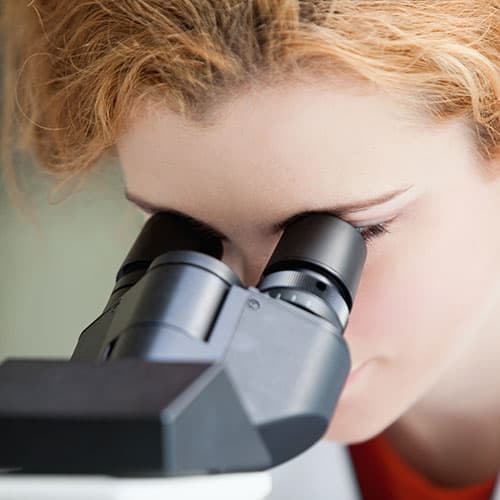
Soil Analysis
Using the microscope to assess the condition of the Soil Food Web is an important part of the job. You will also be using other equipment to evaluate the overall condition of the soil.
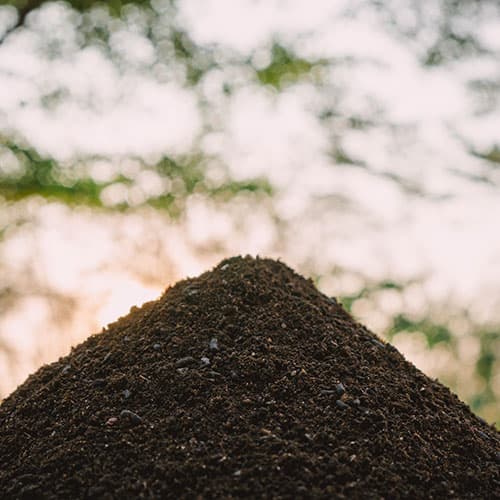
Restoring the Soil Food Web
Providing BioComplete™ amendments, or helping farmers to produce and apply these on-sight.
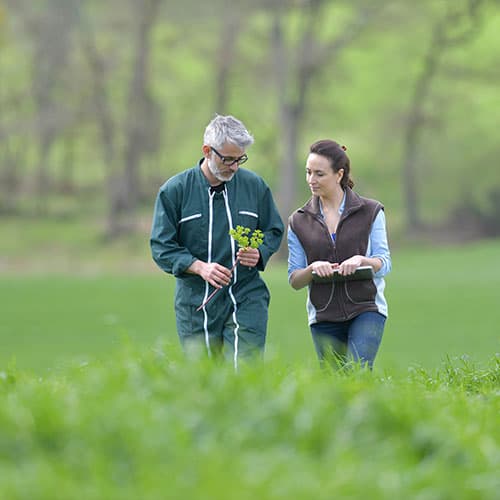
Management Practices
Training farmers in the management practices required to maintain the biology once it has been established.

Feeling Good
Knowing that you are making a difference to the world is one of the most satisfying and rewarding experiences.
What Will It Cost ?
There are two payment options for the CTP: Full Access or the Payment Plan, which consists of 3 stages. Click on the button below for more information.
Stage One
$2000
Stage Two
$650
Stage Three
$1640
Full Access
$3999
Dr. Elaine’s™ Consultant Training Program
What's Included:
- A 30-day no questions asked money-back guarantee
- One-to-one Microscopy Training with your mentor
- Advanced Classes Exclusive to the CTP
- Access to the exclusive CTP Forum, Webinars & Community
- Mentoring from a member of Dr. Ingham’s Deep Knowledge Team—56 hours included, but more time is available if required (additional costs apply).
- A certificate of completion
- Access to employers who are actively recruiting!
Entry Requirements:
- Students with an average score of at least 90% in the Foundation Courses automatically qualify for entry to the Consultant Training Program.
- You do not need to have a background in farming or biology to become a Soil Food Web Consultant!
- You will need to purchase several pieces of equipment in order to complete each stage. The precise budget will depend on the size of your final project. Your mentor will be able to advise you on equipment selection. The minimum requirements are likely to cost around $1,000-$1,200.
Be A Change Agent With A Fulfilling Career When You Become A Soil Food Web Consultant.
Frequently Asked Questions
I am a CTP/GTP student and I am up to recertify, do I have to? What happens if I don't? Can I delay my recertification?
As a CTP student, if you choose to let your certification lapse, you still keep access to Foundation Courses, CLP course materials, and CTP course materials appropriate to the stage in which you are in the program.
However, if you choose to let your certification lapse, you won’t be actively certified, so you will lose the website listing, and, more importantly, you should not perform any commercial assessments during that time using the SFWS name. Once you re-certify, you may have these benefits back. Additionally, it is important to note that you need to be a Certified Lab-Technician (CLT) to elevate from Stage 1 and graduate the program.
What are the benefits of remaining certified as a CLT?
As a Certified Soil Food Web Lab-Technician, you have the following benefits:
* You can advertise yourself as a Certified Soil Food Web Lab-Technician
* Listing on our website
* Continued access to the Foundation Courses, where new content continues to be added
* Continued access to the CLP course materials, including all updates
How do I purchase and complete my recertification?
Please click here to purchase your recertification. Then, log in to your account at clp.soilfoodweb.com to take the MPAs to recertify.
I completed the CLP, where do I find my certificate?
Your completion certificate is generated as soon as you complete MPA4 and can be found in the same place where you took the exams, clp.soilfoodweb.com.
Where can I view my completed MPA exams?
Previously completed MPA exams can be viewed in the same place where you took the exams: clp.soilfoodweb.com/assessments
What technical requirements does my microscope need to meet?
For Soil Food Web work, we use a standard biological compound light microscope. It should have a trinocular head; objective lenses with 4x, 10x, and 40x magnification; and an Abbe condenser. Microscopes come with 10x eyepieces as a standard, thereby providing 40x, 100x, and 400x total magnifications.
What technical requirements does my camera need to meet?
Your camera must provide a viewable area measuring at least 200 µm wide. It should provide detailed images and relatively smooth video, which is important for viewing moving organisms. Therefore your camera should be rated at least 5MP resolution, and should be equipped with USB 3.0 technology, connecting to a USB 3.0 port on your computer via a USB 3.0 cable. There are, however, cameras that perform well without the faster USB technology; for questions about particular models please contact the help desk.
Why is the camera field-of-view size important?
A small camera FoV introduces several difficulties. Because it offers a smaller space in which to conduct observations and generate data, it results in greater data variability. Techniques can be applied to compensate for this, but they increase the complexity, and therefore the time consumption, of the soil assessment process. A smaller FoV narrows the focal plane, making it more difficult to view microbes, especially when they are of larger size and/or motile. Therefore it also makes it impossible to capture the sort of high-quality images that are important in communicating with other technicians, with potential clients and the general public, and of course with your mentor/instructor.
How do I know whether a camera model meets the field-of-view-size requirement?
A camera that meets the requirements will most likely have C-mount threading, an industry standard. Many of these cameras are further packaged with a reducing, or wide-angle, lens attachment. These are usually 0.5x magnification, and in the case of most cameras, they ensure that the viewable aspect easily meets the required 200 µm width. Some cameras, typically those of lower resolution, are equipped to mount only on a tube like the ones that hold your eyepieces; these cameras will not meet the FoV size requirement.
What are the entry requirements for students to enroll in the Advanced Programs (AP)?
Students must complete the Foundation Courses (FCs) with 90%+ overall AND be enrolled (have purchased) at least one AP program which is the Certified Lab-Tech Program (CLP), Consultant Training Program (CTP), and Grower Training Program (GTP).
What do the different acronyms mean?
GTP – Grower Training Program
CTP – Consultant Training Program
CLP – Certified Lab-Tech Program
MPA – Microscopy Proficiency Assessment (exam to be taken at the end of the CLP)
FC – Foundation Course
Can I select a mentor of my preference?
Currently, mentors are assigned based on their availability and paired to students in relation to their time zones and language preference. All of our mentors are highly qualified.
Do I need to complete the Foundation Courses before taking the CTP?
You’ll need to complete the Foundation Courses (FC) first, but that can be done in just 4 weeks, working full time. We advise students that they need between 120-150 hours to complete the FC, so 4 weeks is plenty of time if you are focused. You’ll have 12 months to complete the FC.
Is the Certified Lab-Tech Program included in the Consultants Training Program?
Yes, it is. CTP students are required to complete the CLP in Stage 1 of the CTP. Click here for more info.
Will I need to buy any equipment to complete the program?
You will need to purchase several pieces of equipment in order to complete each stage. The precise budget will depend on the size of your final project. Your mentor will be able to advise you on equipment selection. The minimum requirements are likely to cost around $1,000.
How will I find work once I have been certified?
You may decide to offer your services to farmers in the area where you live, establishing your own business; the Soil Food Web School is often approached by farmers looking for a referral to a consultant etc.
Do I need any qualifications to become a Soil Food Web Consultant?
The only requirement is the completion of the Foundation Courses with a 90% average – this will ensure entry. If you score less than 90% then you may still be considered for entry, but entry is not guaranteed and may be contingent on increasing reset FC quiz scores. Once you are in the program there are milestones you need to complete during each Stage including making Biologically Complete compost, Biologically Complete extracts and teas, and a final project with a written report where you demonstrate proficiency in converting dirt to soil.
How long will it take to complete the program?
The amount of time required depends on your other commitments. Some students have completed the CTP in 1 year, but most take longer, with the average being about two years.
When do I need to recertify as a Certified Consultant?
At this time, there are no requirements around recertifying as a Consultant. As we continue to add courses, there will be a continuing education requirement for graduates.
Can I complete the different CTP stages in different locations
The CLP can be completed while in any location, as you will only need to take some samples and use your microscope. However, once you start composting you should remain in that location throughout the rest of the program as the compost produced in Stage 1 is the foundation for both the Stage 2 Liquids and the Final Project. In other words, all composting-related activities should be carried out in the same location.
Can I request an extension for completing the CTP?
While you may request an extension for completing the CTP, it may only be granted in extenuating circumstances. In several cases, requesting to pause the program may be a better course of action.
Can I pause my CTP program?
Yes. Please email [email protected] for assistance. Make sure to include the reason for your pause and your intended resume date. The time that you spend in paused status will not be deducted from the 3 years that you have to complete the CTP. Note that you can only pause your program for a total of six months cumulative during your 3-year enrollment period. If you request a pause, your spot with your mentor may not be held.
Can I do consulting while I am in the program?
No, we have strict policies around students not doing consulting until they are certified, and using the SFWS name without this requirement is forbidden and considered a breach of the agreement. Thank you for acting in accordance with that.
Can my mentor answer consultant-type questions?
The CTP is designed in a way that enables students to acquire their own consultant skills focused on the Soil Food Web Approach. Hence, this type of question will either be reframed so that the student can answer it themselves or, if out of the scope of the program, the student will be referred to a SFW Consultant who can best provide assistance in this matter.
How do I purchase stage 2 and/or 3 of the CTP?
Please email [email protected] or make sure you are logged into your SFWS account and purchase directly on the website.
Can I take the CTP along with someone?
Currently our system is designed for 1:1 interactions. You must be an enrolled CTP student to take part in any meeting.
Can I use the trademarked term BioComplete™?
The term BioComplete™ is used to refer to compost and liquid amendments that meet the minimum biological requirements defined by Dr. Elaine Ingham as being required in order for the amendment to be effective in restoring the soil biome, when correctly applied. You will be trained how to make these amendments in the CTP. Once you have successfully completed the CTP, you can apply to the Soil Food Web School for a license to use the term in association with your products, but the term can only be used by individuals and corporations that have a license agreement in place. Licensees will be required to meet stringent quality assurance requirements.
When will I receive access to the CTP Forum?
Only students enrolled in the CTP and GTP who are already assigned a mentor will be added to the CTP Forum.

